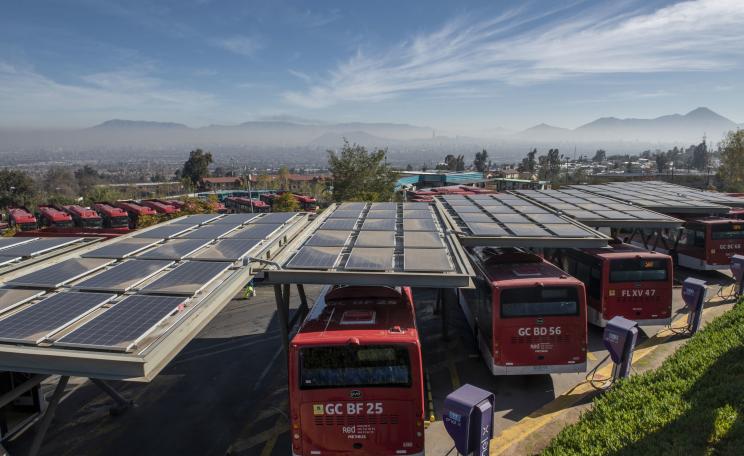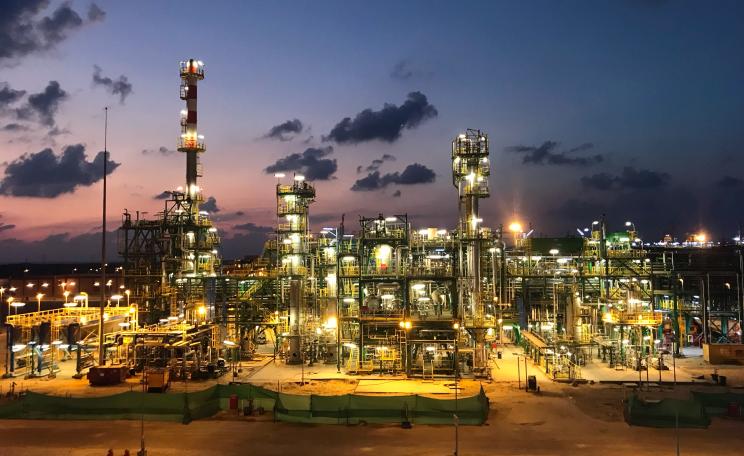The record low levels of sea-ice and catastrophic breeding failure of emperor penguins should have been an alarm bell for countries to come together, prioritize conservation, and honour their commitment to establish MPAs with significant no-fishing areas.
Governments responsible for conserving Antarctic marine life have failed to deliver increased protection at a meeting in Hobart, despite the threats of record low sea-ice and the first cases of bird flu reaching Antarctica.
The 42nd meeting of the Commission for the Conservation of Antarctic Marine Living Resources (CCAMLR) wrapped up last month with a decision to push to 2024 proposals to establish marine protected areas (MPAs) in the Antarctic Peninsula, Weddell Sea and East Antarctica, prolonging deadlocked discussions that started in 2010.
The meeting was held following the mass deaths of emperor penguin chicks caused by record low sea-ice, and as news broke that a highly infectious variant of avian flu has reached Antarctica for the first time.
Concerning
Yet the 26 nations plus the European Union (EU) that make up CCAMLR failed to deliver concrete actions with the urgency required, instead agreeing to make progress toward establishing MPAs at next year’s meeting.
Emily Grilly, the WWF Antarctic conservation manager, said: “It’s frustrating that discussions for MPAs have been ongoing for more than a decade and utterly disappointing that CCAMLR has been unable to make significant progress again, particularly following a year of unprecedented and concerning change for Antarctica.
“The record low levels of sea-ice and catastrophic breeding failure of emperor penguins should have been an alarm bell for countries to come together, prioritize conservation, and honour their commitment to establish MPAs with significant no-fishing areas.”
News of the Highly Pathogenic Avian Influenza (HPAI) reaching Bird Island is another reminder of the global connectivity of our ecosystems.
Rod Downie, WWF’s chief advisor for polar regions, said: “Antarctica is home to many iconic species including emperor penguins, but it is also at the forefront of the climate crisis. Global warming and melting sea ice is pushing already threatened species towards extinction.
Urgent
“Recently we have witnessed the first case of Highly Pathogenic Avian Influenza (HPAI) in the Antarctic region, adding a new pressure to Antarctic wildlife.
“This only increases the need for urgent and combined action to limit average global temperature rise to 1.5°C and to protect the waters surrounding Antarctica which are teeming with life.”
Climate change coupled with industrial krill fishing have had negative impacts on wildlife and the marine ecosystem.
WWF called on decision-makers to heed these warnings, yet the response remained dictated by short-term national benefit rather than the long-term stability of Antarctica and its dependent wildlife.
Despite the lack of urgency at this year’s meeting, there were some positive signs going into 2024.
Progress
Continuing, Grilly said: “We welcome the agreement by all CCAMLR members this year to make progress toward establishing the Antarctic Peninsula MPA, as well as strengthening krill fishing regulations, in 2024.
“It’s clear that 2024 will be a critical year for CCAMLR to play its part and align with global commitments to protect 30% of our oceans by 2030.
“CCAMLR nations demonstrated their ability to put their differences aside and prioritize conservation in 2016 when it established the Ross Sea region MPA which, at the time, became the world’s largest marine sanctuary. We hope countries can show this type of leadership again at next year’s meeting.”
This Author
Ruby Harbour is a freelance journalist. This article is based on a press release from WWF.







